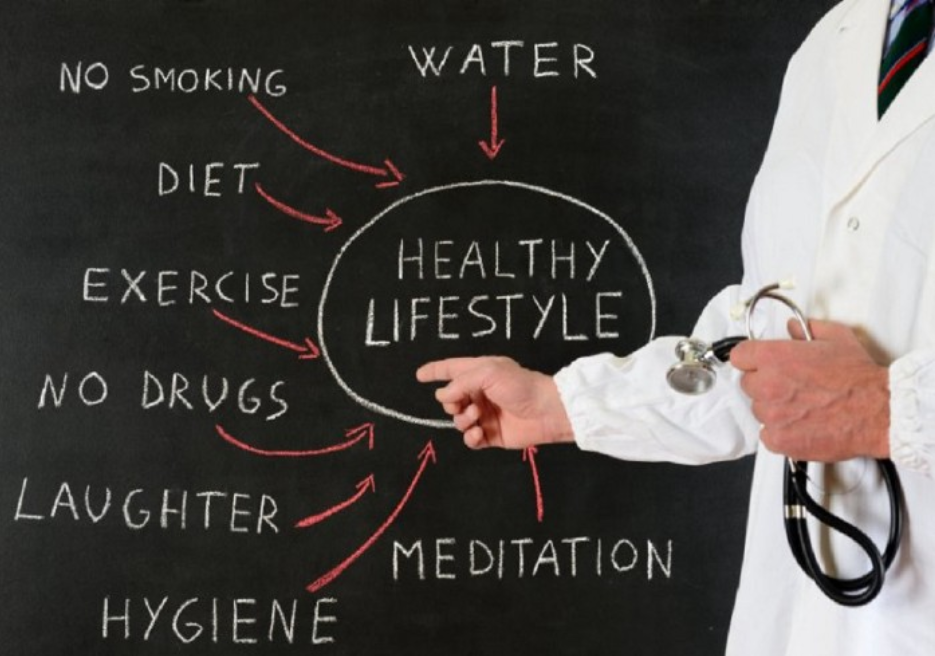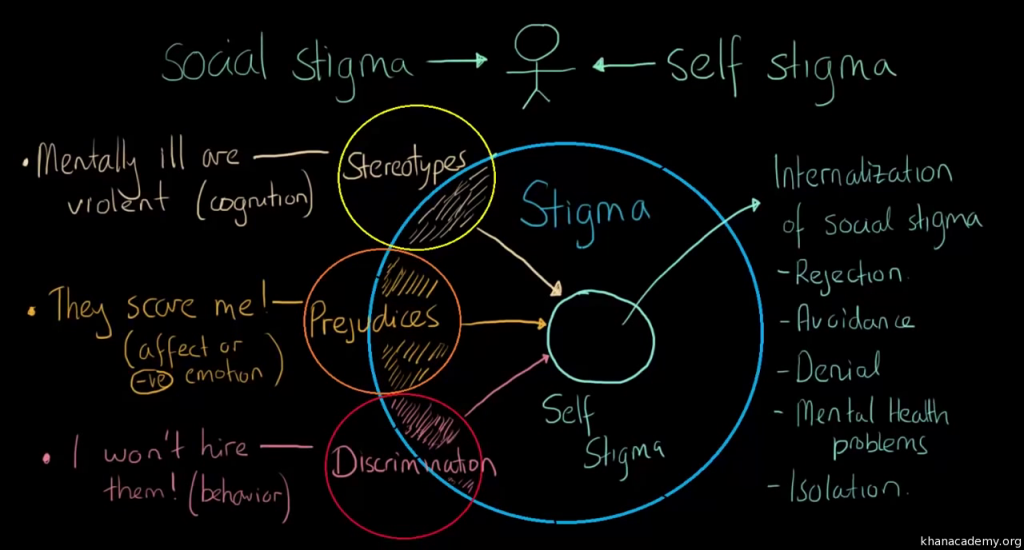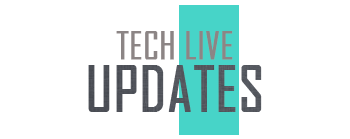
Health education is invaluable when it comes to enhancing the well-being of a community. While only the authority has the mandate to offer this kind of knowledge, citizens play an essential part in ensuring that it is accessed and adopted. Community health experts should work in tandem with the masses to provide wellness and equal access to healthcare.
That said, in this article, we take a look at seven reasons why health education is essential. If you wondered what makes this knowledge important in society, you would find satisfactory answers below.
Table of Contents
It Promotes Equal Access to Wellness Resources & Healthcare
Health education empowers and enlightens various healthcare stakeholders in the community. These individuals work to ensure that all community people have fair access to healthcare resources and knowledge. Some of the issues that health practitioners can help address as they promote equal access to healthcare include:
- Race/ ethnic health imbalances
- Socioeconomic well-being differences
- Gender health imbalances
- Rural health imbalances
Healthcare experts work within the community, examining various trends regarding health and wellness. Then, together with other society members, they embark on a mission to address inequalities in healthcare access and delivery.
It Helps Us Understand Government Policy on Health Better
Health education goes a long way in sensitizing the public about government policies on healthcare. It helps the masses to comprehend better directives on various issues such as road safety, public smoking, and multiple diseases. Besides, well-being ed often calls for citizen’s participation, which helps disseminate information to the community.
It Strengthens the Economy
Excellent well-being education will do a lot for the economy. It will minimize healthcare expenditure and productivity loss due to manageable ailments. Case in point, obesity and tobacco abuse cost America well over a billion USD annually. Regarding the latter, studies show that the cumulative economic cost of smoking is more than USD 300bn yearly, including:
- Approximately USD 170bn in direct medical attention for adults
- Over USD 156bn in wasted productivity resulting from premature deaths and risks of secondary smoking
Health education can teach citizens how to manage costly health habits and enhance their well-being at the same time. In turn, this helps the community boost its economic productivity. According to the source mentioned above, states with good tobacco management initiatives witness a USD 55 return on every USD 1 investment.
Another statistic that points to the positive impact that health education has on the economy has to do with diabetes. The countrywide expenditure on providing the National Diabetes Prevention Program is approximately USD 500/ person. It is notably lower than the over USD 7,800 utilized on diabetes management for every Type 2 diabetes patient yearly.
It Motivates Youth to Adopt Better Health Practices

By attending health education sessions, youth learn what it takes to improve their well-being. Among other essentials, they will know about better eating habits, exercising, etc. Still, they will be challenged to think about their well-being, making them more receptive to good lifestyle habits. Do you need an essay on health issues? Find a professional, well-reviewed essay helper online.
It Minimizes Premature Deaths
Health education teaches citizens different ways to curb the spread of ailments. It puts them in a position to better prepare for diseases that cause death and suffering in the community. Health education teaches society, and more importantly, pregnant mothers about the importance of various vaccines and medication at this stage. This way, this knowledge ensures better pre-natal and post-natal care that goes a long way in minimizing early-age deaths.
It Helps Combat Stigma in the Society

Well-being ed teaches society physical, mental, emotional, and social health. It urges students to enhance and sustain their health, curtail disease, and reduce risky behaviors. With this increased awareness, citizens know not to stigmatize persons living with various health conditions, for example, AIDS, drug addiction, and so forth.
It Prepares Us for a Career in Health
Do you want to be a healthcare professional? If yes, then health education is sure to get you there. You can take it from high school and then follow it up with a Bachelor’s and higher educational levels. A health education course preps you to evaluate, determine, plan, and implement personal and community-focused health education initiatives.
Final Words
Health education is vital when it comes to ensuring a healthy, thriving population. As healthcare costs increase, there is a need to educate the masses to mitigate the situation. Healthcare knowledge is needed to help shape the future of health and wellness globally.





More Stories
Creating a Winning Oil Trading Mindset
How To Get Started With Anime Collectibles
Jingle All the Way: Boosting Holiday Sales with Effective SMS API Strategies